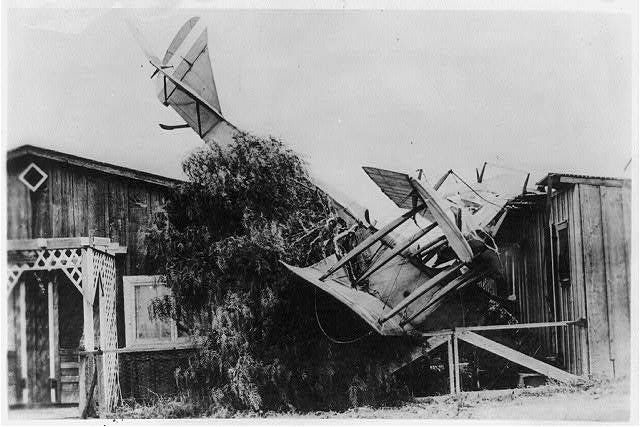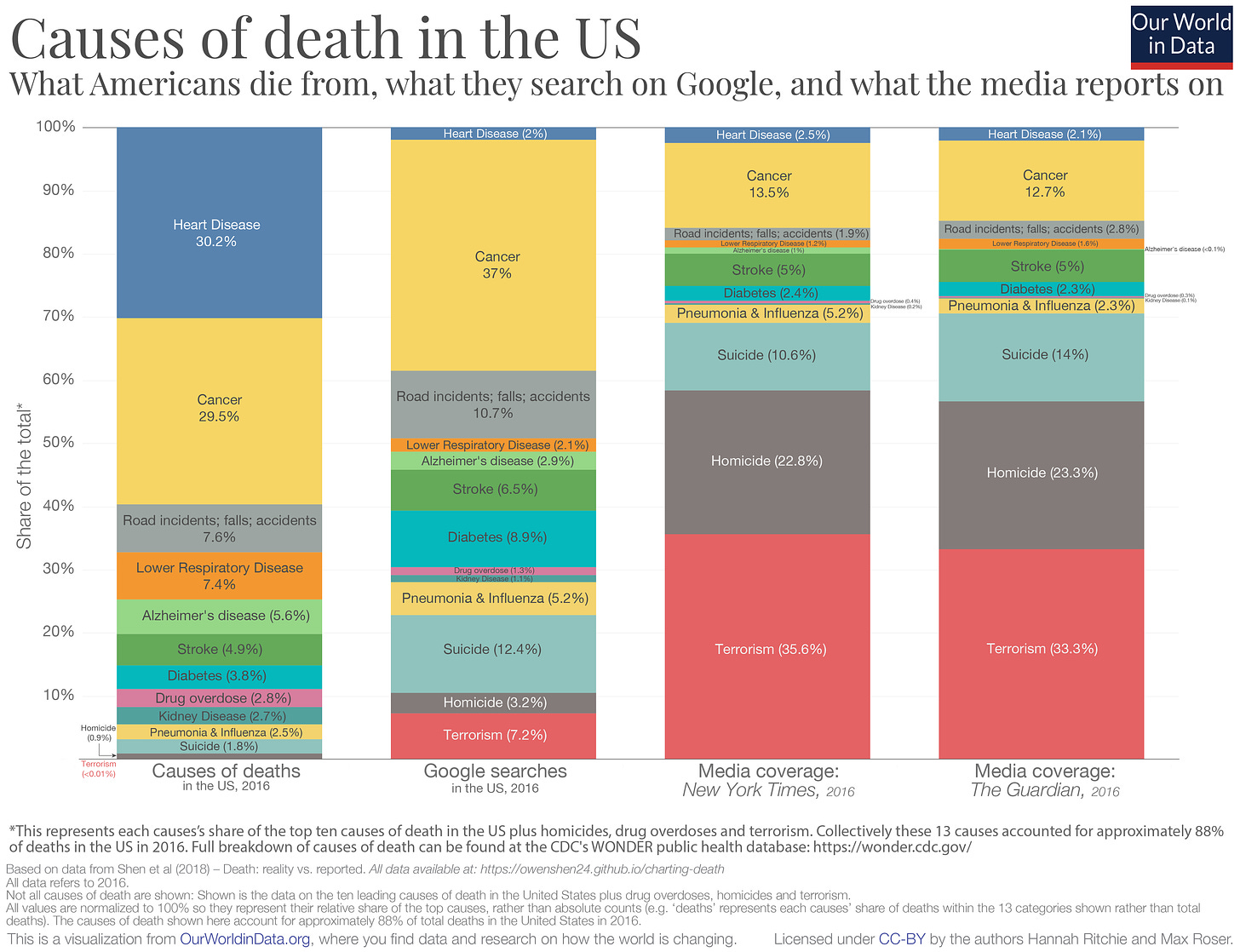You Are Playing High Stakes Poker With Your Life & Don't Even Know It

We have all heard this story:
“He did everything right, exercised every day, watched his weight, didn’t smoke and he still died young”.
What are we to do with this information?

Are we to abandon all healthy habits and live just like the raucous writer Hunter S Thompson who started his day at 3 pm with a Chevas Regal brandy, some Dunhill cigarettes and washed it all down with three rounds of cocaine, all before 5 pm? His evening routine was also a stomach-churning mix of margaritas, Chartreuse and hot tub Champagne.
He died from a self-inflicted gunshot wound at the age of 67. Over a decade short of his expected lifespan. But to be fair, it wasn’t from a chronic medical condition.
I think it’s unlikely any Hunter S Thompson copycats are reading this but all of us have daily habits we know make us more likely to develop a chronic medical condition that will lead to our death.
The question becomes: will that habit really make a difference to our risk of dying earlier than expected?
The answer ‘should be’ that it will result in us living a shorter life.
But the real answer is, that it ‘might’ result in us living a shorter life.
When it comes to making predictions about the future in a world of uncertainty we need to recognise that we are dealing with probabilities, not possibilities.
Almost anything is possible and when it comes to probabilities, even extreme outlier events can happen.
Donald Trump was elected President, even though the odds predicted otherwise.
Brexit was a ‘leave’ vote even though the polls suggested ‘stay’.
The man at the start of this piece did everything right and he still died young.
Were the odds wrong?
No.
Odds are about probabilities, not possibilities.
Unlikely events happen all the time. A 5% chance means that something will happen 1 in 20 times. That’s not infrequent. And yet most people would rank a 5% chance as rare.
When it comes to life we can control the quality of our decisions but we cannot control the quality of the outcome.
Mostly because life is probabilistic and secondly we also have to account for the randomness of luck and that we are dealing with incomplete information.
Luck is leaving your house 5 minutes before a plane falls out of the sky and pulverises it.

Incomplete information is when you are making a probabilistic decision in a game of poker and you don’t know that the deck is rigged against you.
Both of these factors are at play all of the time when it comes to life.
Let’s look at some odds.
Chance of mortality for any given individual?
Over a long enough time horizon - 100%.
That statistic alone should radically alter your life but that is a topic for another day.
Chances of dying from either cardiovascular disease, cancer or dementia?
About 70%.

Bear in mind that most cardiovascular disease is preventable with attention to certain risk factors, as are a significant percentage of cancers and dementias.
So while terrorism accounts for about 50 deaths a year in the US, think luck and incomplete information, cardiovascular disease, cancer and dementia account for almost 1.9m deaths per year, think probabilities.
Of course cardiovascular disease, cancer and dementia have elements of luck and incomplete information but they are far more in the realm of probabilities.
Let’s look at cardiovascular disease.
Nine factors account for more than 90% of the risk of having a heart attack1.
Not 100%, but damn close.
It’s not a guarantee that if you get them all right you will prevent a heart attack but if I were a betting man (which I am) I would happily take those odds, given the fact that there is a 35% I will die from cardiovascular disease.
And let’s just be clear.
Most people do not see themselves as ‘betting people’.
But you are.
And you are gambling with the most important thing you possess - your life.
Each decision you make that influences one of these 9 factors is gambling with your life.
Still think you are not a gambler?
You just don’t gamble with low-stakes things like money. You only gamble with high-stakes things like your life. And you probably didn’t even think you were doing so.
Now that you know you are a gambler at the world’s highest stakes poker table, how do you play your next hand?
Let’s look at those 9 factors in more detail.
-
Smoking
-
High Blood Pressure
-
Diabetes
-
Abdominal Obesity
-
Alcohol
-
Psychosocial Stressors
-
Nutrition
-
Exercise
-
Cholesterol
Get on the right side of all of these and you decrease your chances of dying from a heart attack by over 75%2.
Now that we are all self-acknowledged gambler types let’s add some context to that 75% figure.
Seat belts reduce the chances of dying in a car crash by about 50%3.
I am very confident most of you would not drive your car without wearing your seat belt. To do so would seem insanely risky.
But the chances of dying in a car crash are about 23 times less than dying from cardiovascular disease4.
Remember, we always need to be thinking probabilities.
Not striving to achieve being on the right side of all the nine metrics listed above is akin to not wearing a ‘heart attack’ seat belt. For something over 20 times as risky as a fatal car accident.
Sure, you could still die in a car crash with your seat belt on. It’s about half as likely though.
Sure you could die from a heart attack having achieved all nine health metrics. But it’s over 75% less likely.
Let me finish with my favourite story of randomness, probabilities and luck.
Tsutomu Yamaguchi was a Japanese engineer who while working for Mitsubishi was badly burned in the atomic blast in Hiroshima at the end of World War Two in 1945.
Three days later, while back at work (?!?!?!) in his home town of Nagasaki, he was once again the victim of an atomic bomb explosion.
He is one of the only people on the planet to have survived two nuclear explosions.
His nickname?
‘Lucky’ Yamaguchi.
He died 65 years later at the age of 93.
Randomness, luck, incomplete information and probabilities will all influence the factors that will lead to our death.
While a very small number of us will have the same amount of luck as ‘Lucky’ Yamaguchi when it comes to chronic diseases, most of us will be ‘playing dice’ at the highest stakes casino in the world trying our best to tilt the odds in our favour.
Most importantly, you do not get a choice as to whether you want to play this game or not.
The game is already on.
Your life is on the table.
It’s time to play your next hand.
What will it be?
INTERHEART Study Investigators. Effect of potentially modifiable risk factors associated with myocardial infarction in 52 countries (the INTERHEART study): case-control study. Lancet. 2004 Sep 11-17;364(9438):937-52.
Trends in Cardiovascular Health Metrics and Associations With All-Cause and CVD Mortality Among US Adults March 16, 2012. doi:10.1001 /jama.2012.339
https://www.rsa.ie/news-events/news/details/2022/02/21/over-quarter-of-drivers-and-passengers-killed-on-irish-roads-in-2021-were-not-wearing-a-seat-belt
https://ourworldindata.org/causes-of-death




